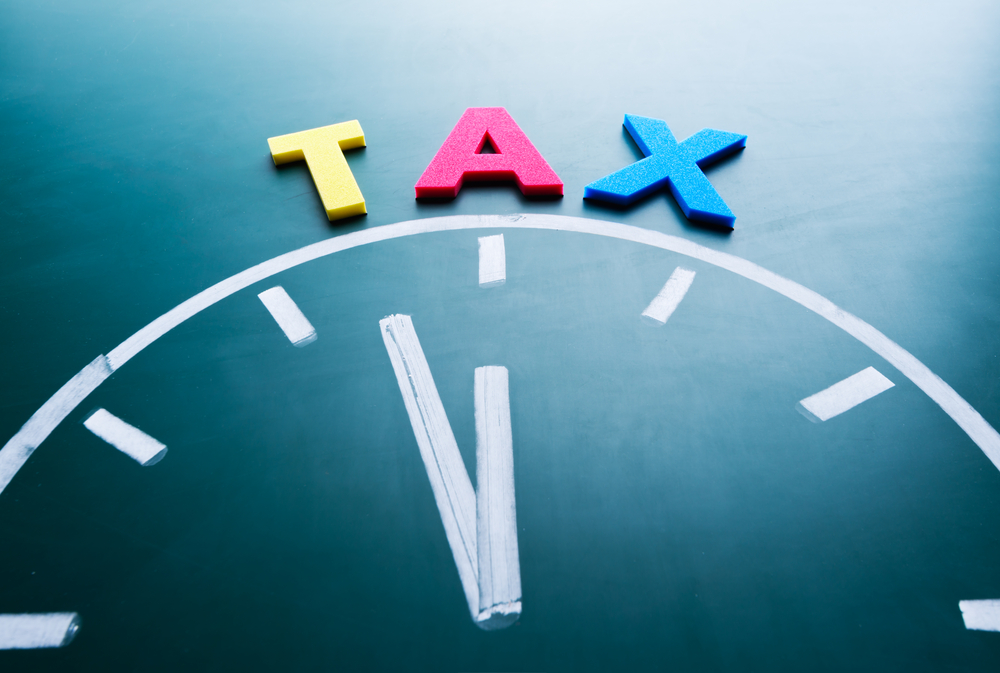
Inheritance tax receipts in the year to March hit 7.5bn, a fresh record and more than £400m higher than 12 months ago.
The figure tops last year’s £7.1bn all-time for the tax, according to HM Revenue & Customs.
The thresholds of this tax have been frozen since 2009 and are not due to be reviewed until April 2028, while property prices have risen.
Inheritance tax is set at 40% once the assets of an estate top £325,000. Some forecasts say inheritance tax receipts could top £9.5bn before the end of the decade.
Chancellor Jeremy Hunt has faced repeated calls to abolish the tax from Conservative supporters, and the government was understood to have considered including a plan to scrap it in last year’s Autumn Statement before deciding on National Insurance reductions instead.
Canada Life technical manager, tax, trusts and estate planning Stacey Love says: “Inheritance tax is the tax gift that keeps on giving as record receipts have been banked by HMRC in the last tax year.
“While the trend is only on the way up, inheritance tax continues to be a largely a discretionary tax.
“Many estates may not have to pay inheritance tax at all if the various exemptions and gifts are used appropriately, and this is an area of financial planning where it really does make sense to seek appropriate financial advice.”
Quilter tax and financial planning expert Rachael Griffin adds: Despite considerable speculation that the government would look to enact inheritance tax reform during the last year, so far all has remained quiet on this front and this morning’s figures illustrate exactly why the Chancellor would have been keen to leave it well alone.
“Nonetheless, the ever-increasing tax revenue from inheritance tax presents a conundrum for the government as we approach the general election, and it is certainly an area to watch for as the various party manifestos begin to appear.
“The lowering of the headline rate of inheritance tax from 40% would undoubtedly be met with approval from core Tory voters. However, more widely, it would likely prove unpopular given it would benefit the rich at a time when so many across the nation continue to struggle with the cost of living.”



